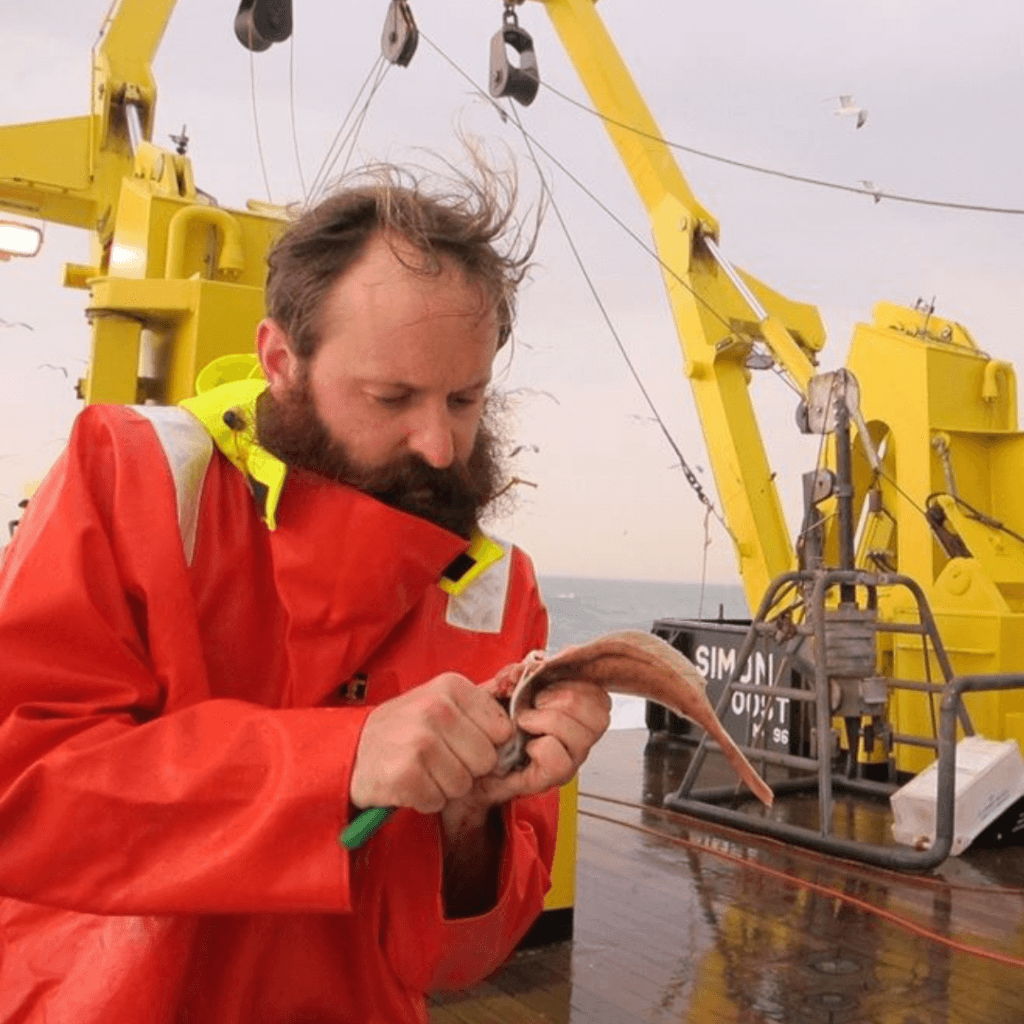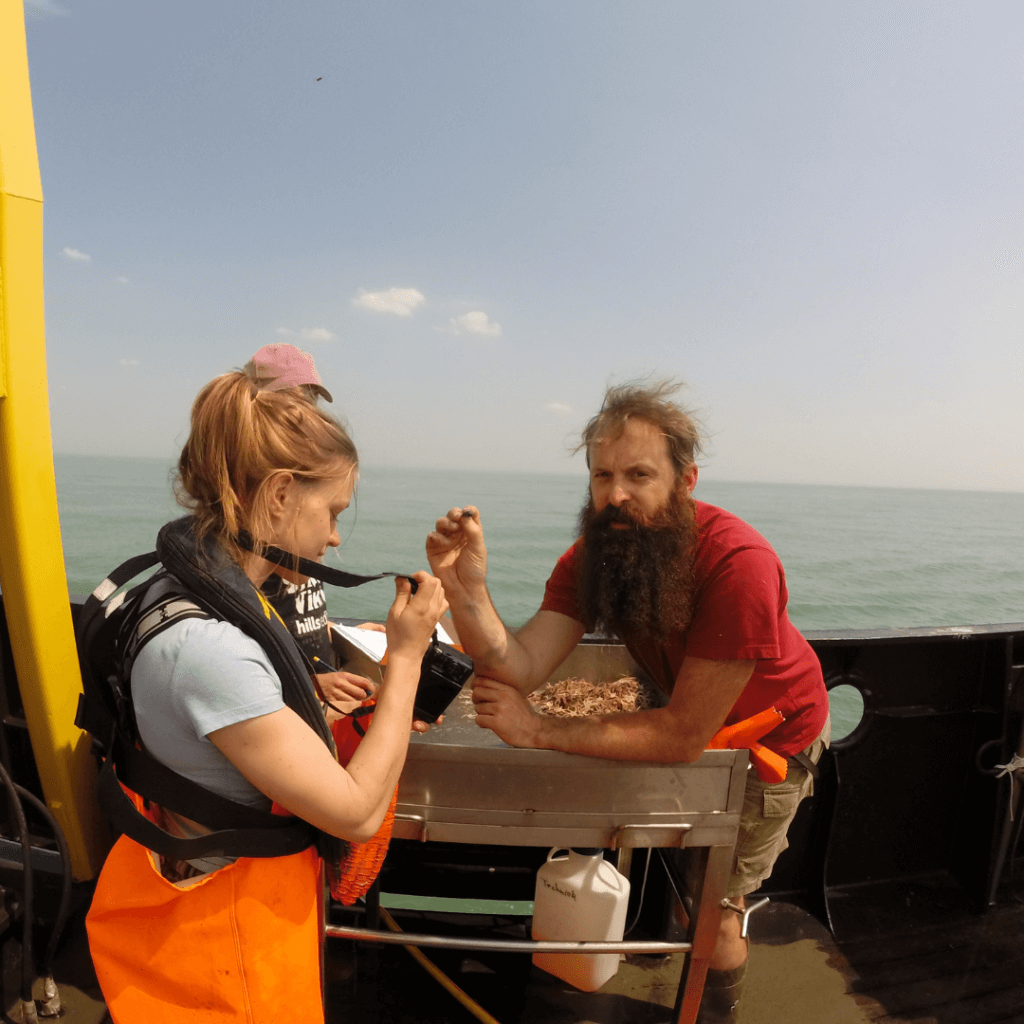SEAwise is led by a core team of partners who lead the programme’s work themes and regional case studies, and spearhead the fantastic work being done to encourage our SEAWise Network to get involved in all areas of our research. They bring their knowledge and experience of fisheries and marine ecosystems, not to mention their enthusiasm and passion, to make a real impact to the longevity of sustainable management systems. Collectively, they make up our Steering Committee.
We spoke with each of them to hear more about what drives them to work towards the implementation of EBFM, and find out what excites them most about their work within SEAwise!

How is EBFM important to you?
As a young lad entering into the world of fisheries science, I was on a mission to cautiously change the world. The plan? First: improve my knowledge base, and then: go for it! 20 years later, I’ve come to realise that I’m still trying to improve my knowledge base, and haven’t quite got round to changing the world yet. I feel EBFM will do better. EBFM is not about knowing it all. It is about using all we know, selecting the relevant information and making positive change happen. EBFM, and SEAwise, are important to me, as I feel that they have the potential to make real change happen.
Which aspects of Ecosystem Based Fisheries Management interest you most, and why?
EBFM seeks to emulate social and ecological systems and integrate multiple objectives, while acknowledging – but not ignoring (!) – knowledge gaps, uncertainties, and variabilities in these systems. In this way, it is about the combination and integration of diverging skills.
Creating a network with stakeholders and bringing ambitious fisheries scientists together to collectively face these grand challenges is both fun and useful. It’s this that makes EBFM so challenging, and so attractive!

How do you think your work in SEAwise will improve Ecosystem Based Fisheries Management?
Our mission is to make sure that we strengthen links with stakeholders, and take their concerns onboard as part of the process of developing EBFM. One of those challenges is to account for climate-induced variability, and how it affects fish productivity. Another one is about integrating management of adverse effects of fishing on the ecosystem, while acknowledging the role that fisheries plays for employment, food provision, and cultural heritage. My role as lead for the Western Waters Case Study is to establish and ensure a network for putting all stakeholders on the same page, and to think about how we can address those challenges in an advisory process that is fit-for-purpose.
Jochen studies acute ecosystem effects of fisheries, gear developments to improve trawl selectivity and reduce fuel consumption, management of mixed fisheries, and tradeoffs between ecosystem effects and fisheries values. He sits on several ICES working groups including Fisheries Benthic Impact and Trade-offs. As part of SEAwise, he leads the Western Waters Case Study.
Our dynamic network of fisheries stakeholders is key to SEAwise’s work. We are actively seeking representatives from key management agencies, the fishing sector, NGOs and the scientific community to take part in workshops and other in-person or online knowledge-gathering activities. The shared insights and lived experiences of network members will support the development of a comprehensive understanding of the needs and priorities of a diverse range of fisheries stakeholders, and how to fulfil these.
Stay up to date with SEAwise news and research, hear about upcoming events, and receive updates on fisheries news from across the European seascape.